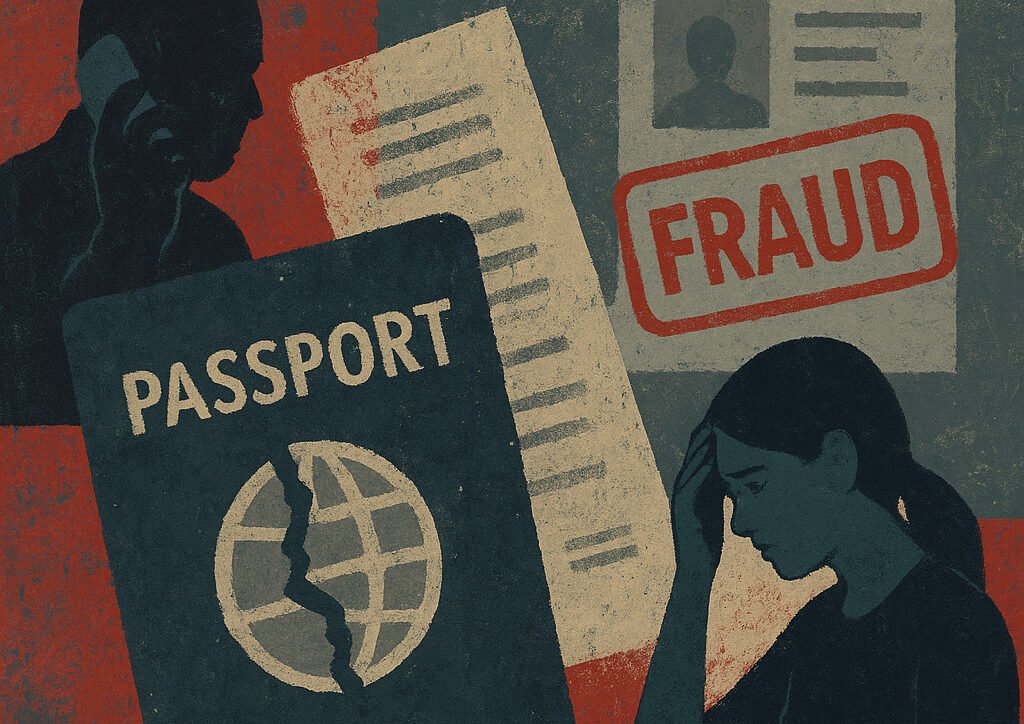Shreya Bedi, a Master’s student at Indiana University Bloomington, was reportedly conned out of thousands of dollars by imposters posing as U.S. immigration officials.
The incident took place earlier this year when Bedi received a phone call from individuals claiming to be officials from U.S. Immigration and Customs Enforcement (ICE). The callers presented fabricated documentation bearing federal logos and warned of imminent deportation due to supposed discrepancies in her immigration paperwork. In a panic, and under emotional pressure, Bedi was coerced into transferring a substantial sum of money to accounts controlled by the fraudsters.
Tactics Involved Sophisticated Impersonation and Fearmongering
The scammers reportedly used VoIP-based technology to spoof official government caller IDs and sent digitally altered documents that closely mimicked genuine ICE correspondence. According to Bedi, the tone of the conversation was urgent and intimidating, designed to suppress rational judgment.
Bedi said she felt isolated and terrified during the ordeal, especially given the severe consequences suggested by the scammers, including arrest and visa cancellation. By the time she reached out to university authorities and law enforcement, the money was already unrecoverable.
Campus police and federal agencies have since opened an investigation, with preliminary findings suggesting the involvement of an international fraud network targeting students from India and other South Asian countries.
FCRF x CERT-In Roll Out National Cyber Crisis Management Course to Prepare India’s Digital Defenders
Universities and Consulates Urge Vigilance
Following the incident, Indiana University issued alerts across its campuses warning international students to verify any immigration-related communication through official portals. U.S. consulates have also reiterated that no federal agency asks for money over the phone or threatens immediate arrest.
The scam has reignited calls for stronger outreach and orientation programs for foreign students navigating complex immigration systems. It underscores the need for better safeguards, including awareness training and digital literacy to help students spot potential threats.
About the Author – Anirudh Mittal is a B.Sc. LL.B. (Hons.) student at National Forensic Sciences University, Gandhinagar, with a keen interest in corporate law and tech-driven legal change.


